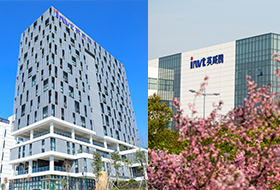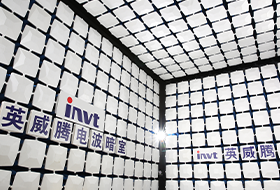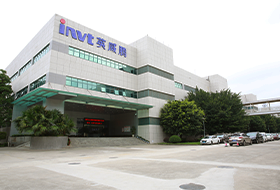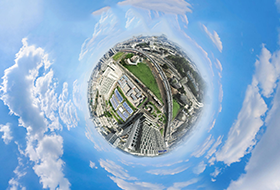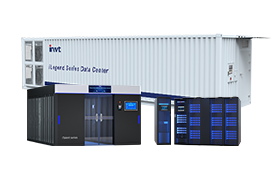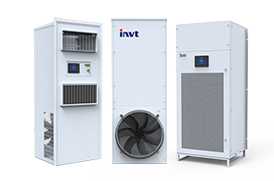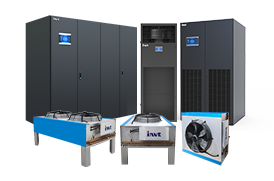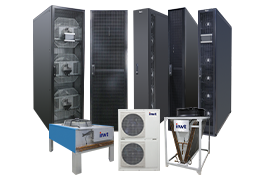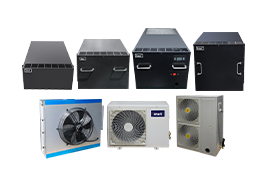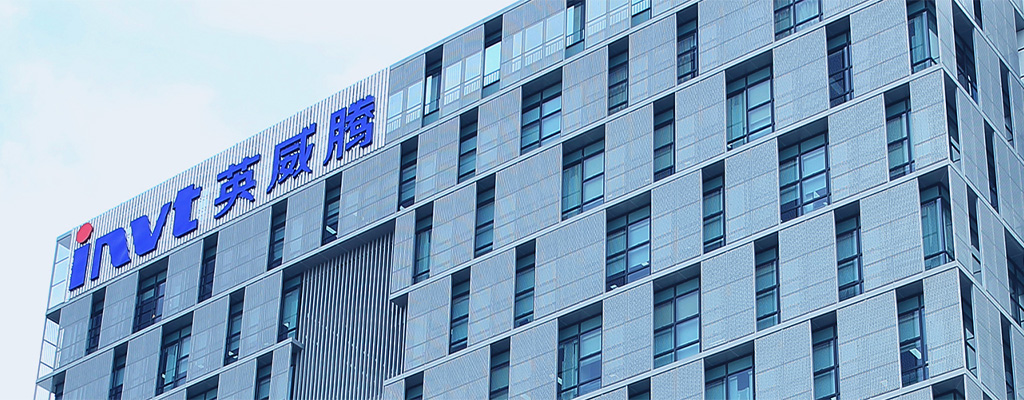What is a data center?
A data center is a physical facility that a business uses to house its business-critical applications and information. As they evolve, it's important to think long-term about how to keep them reliable and secure.
Data centers are often referred to as a single thing, but they are actually made up of many technological elements. These can be divided into three categories:
• Compute: The memory and processing power to run applications, usually provided by high-end servers
• Storage: Vital corporate data is often housed in the data center, on media ranging from tape to solid-state drives, with multiple backups
• Networking: The interconnection between data center components and the outside world, including routers, switches, application delivery controllers, etc.
These are the components that IT needs to store and manage the most critical systems that are critical to the company's continued operations. Therefore, data center reliability, efficiency, security and continuous growth are often top priorities. Both software and hardware security measures are a must.
In addition to technical equipment, data centers require extensive facility infrastructure to keep hardware and software up and running. This includes power subsystems, uninterruptible power supplies (UPS), ventilation and cooling systems, backup generators and cabling to external network operators.
Data Center Architecture
Any large company likely has multiple data centers, possibly spread across multiple regions. This gives the organization the flexibility to back up information against natural and man-made disasters such as floods, storms and terrorist threats. Data center architecture can require some tough decisions, as the options are nearly limitless. Some key considerations include:
• Does the business require a mirrored data center?
• How much geographic diversity is needed?
• How long will it take to recover if an outage occurs?
• How much space is needed for expansion?
• Should you lease a private data center or use a co-location/colocation service?
• What are the bandwidth and power requirements?
• Is there a preferred supplier?
• What kind of physical security is required?
The answers to these questions help determine how many data centers to build and where. For example, a financial services company in Manhattan may need to continue operations because any disruption could cost millions of dollars. The company might decide to build two data centers nearby, say one in New Jersey and one in Connecticut, that mirror each other. One may shut down entirely without impact to operations as the company spins off the other.
However, a small professional services firm that may not require instant access to information can have a primary data center at its offices and back up information nightly to backup sites across the country. In the event of an outage, it will initiate a process of restoring information, but with a different urgency than a business that relies on real-time data for a competitive advantage.
While data centers are often associated with enterprise and web-scale cloud providers, virtually any company can own a data center. For some SMBs, the data center may be a room located in their office space.

 networkpowersales@invt.com.cn
networkpowersales@invt.com.cn
